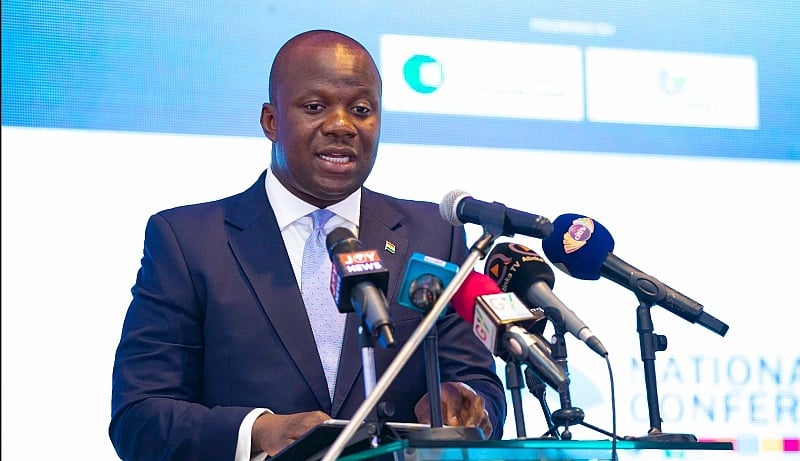A Rocha Ghana, a prominent conservation organization, has taken legal action by filing an interlocutory injunction against Samuel Abu Jinapor, the Minister of Lands and Natural Resources. The organization’s primary concern arises from recent governmental decisions to reclassify Globally Significant Biodiversity Areas (GSBAs) as logging sites. Such classifications, A Rocha Ghana argues, pose significant threats to these critical ecological zones, which are vital for biodiversity conservation. The suit, filed on October 10, seeks legal intervention to prevent the Minister and the Forestry Commission from making further changes to the status of GSBAs or engaging in any activities that would grant rights for commercial timber extraction in these protected areas.
In its legal proceedings, A Rocha Ghana highlights a broader legal context by arguing that the Timber Utilisation Contracts, which have been issued without necessary Parliamentary approval, are unlawful. This raises questions about governance and the adherence to legal protocols in the management of natural resources. The organization seeks a perpetual injunction that would stop any dealings or contracts related to the exploitation of timber in GSBAs, which underscores a commitment to protecting these regions from industrial degradation that could undermine ecological integrity.
This recent legal move by A Rocha Ghana is part of a broader pattern of activism among environmental NGOs in the region. Earlier in September, A Rocha Ghana collaborated with six other civil society organizations to express their concerns over illegal mining operations that have infiltrated forest reserves. These collaborative efforts signal a growing concern about environmental governance and the enforcement of laws designed to protect natural habitats from destructive practices. The collective actions of these organizations indicate a united stand against both legal and illegal activities that compromise biodiversity and ecological sustainability.
The implications of A Rocha Ghana’s legal actions extend beyond immediate conservation concerns to broader issues of environmental justice and public accountability. By challenging the legal foundation of timber contracts and pushing for the proper legislative oversight, the organization stresses the importance of transparency in the management of natural resources. This legal challenge not only seeks to protect biodiversity but also aims to hold governmental bodies accountable for their decisions that carry long-term environmental repercussions.
Moreover, the case serves as a focal point for discussions around the role of civil society in environmental governance. A Rocha Ghana’s actions exemplify how NGOs can mobilize public opinion and legal resources to advocate for the environment. The support of multiple civil society organizations in this case illustrates the collective impact that these groups can have in influencing policy and legal frameworks surrounding environmental protection. This growing coalition of voices reflects an emerging trend where non-state actors play pivotal roles in shaping national discourses on ecological issues.
In summary, A Rocha Ghana’s legal challenge against the Minister of Lands and Natural Resources illustrates the ongoing struggle for biodiversity conservation in Ghana. By contesting the reclassification of GSBAs and highlighting procedural lapses in timber contracts, the organization aims to reinforce the legal and ethical frameworks that safeguard these vital ecosystems. As civil society continues to mobilize in response to environmental threats, such actions not only aim to protect specific areas but also advocate for a more sustainable and accountable approach to resource management in the country.














